Anxiety is not a ‘badge’: Are you handling your worried child wrongly?
It’s time to up-end our approach to handling childhood and teenage anxiety, two clinical psychologists say. Parents and teachers can start by ‘starving it of attention’.
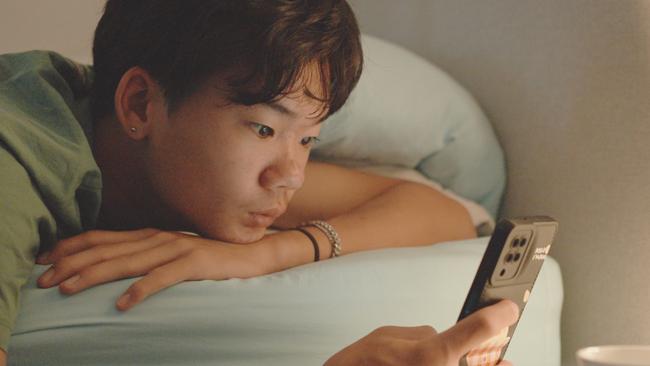
Normal childhood and teenage feelings of apprehension over difficult situations are being “pathologised” into lifelong anxiety by worried parents and stressed teachers.
And young Australians, egged on by social media influencers, are increasingly seeing it as a badge of honour among their peers.
This is the warning from two leading clinical psychologists, who are looking to up-end current approaches to managing anxiety among young people by encouraging them to face their fears and urging well-meaning parents and teachers to pay it less attention and resist kowtowing to requests for special treatment, which too often makes matters worse.
This would also help contain the “contagion effect”, where young people hear social media influencers proudly flaunting their anxiety, or see their peers receiving extra help, and seek the same kudos and support, psychologists Danielle Einstein and Judith Locke say.
They warn anxiety has unfortunately been reframed into a lifelong condition, even though many young people simply need some temporary emotional tools to push through difficult or uncomfortable moments they’d rather not be facing.
And they say parents must learn to “trust their gut” on this issue and stop catastrophising the chances their child has serious mental health problems.
“Anxiety can be a normal human emotion when doing something challenging,” clinical psychologist Judith Locke tells The Australian.
“But with greater awareness of anxiety, parents have become very, very worried that their child will become anxious. So they may become involved in trying to prevent it, say, by holding their hand all the way to school or overhelping with a speech for class.
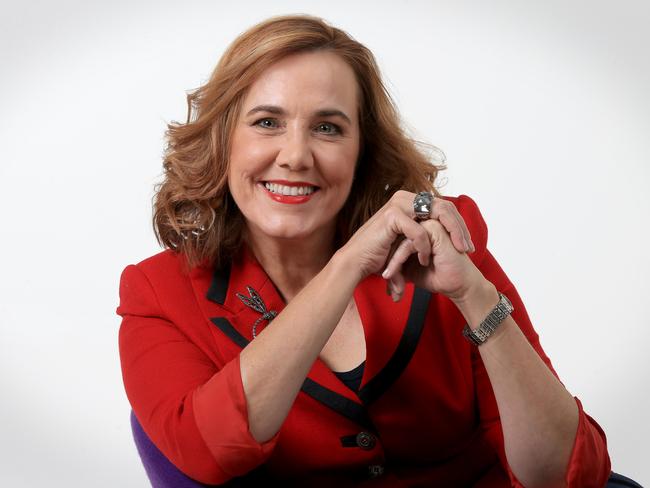
“What ends up happening with that increased focus is that we start to pathologise a normal human emotion into something children can’t cope with and need protection from. It’s diagnosing a normal emotion.”
Dr Locke and fellow clinical psychologist Dr Einstein have written a book, Raising Anxiety: Why our good intentions are backfiring on children (and how to fix it). They also regularly speak to schools about how best to manage the current anxiety epidemic.
New research from the Murdoch Children’s Research Institute found almost three-quarters of Melbourne teenagers have experienced “clinically significant” levels of anxiety or depression at least once by the age of 18.
And in 2023 more than one in seven of the nearly 70,000 students sitting the NSW HSC were granted some form of special assistance in their final exams, with 8000 given rest breaks for anxiety or concentration issues.
The Australian Council for Educational Research’s Social-Emotional Wellbeing Survey last year analysed 500,000 responses from primary and secondary school students since 2018, finding 53 per cent of high-schoolers reporting they felt “very stressed” and one in three primary school children saying they “feel very bad for long periods of time”.
“As a society we’ve flipped towards recognising all mental health disorders and intervening wherever possible to remove the stigma,” Dr Einstein says.
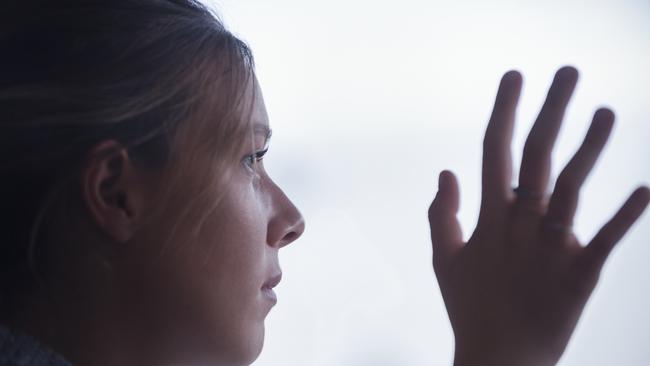
“The system has now been set up to almost reward anxiety rather than leave it as a normal experience that just needs to be more or less managed by the individual, with a touch of professional help if necessary. But sometimes just some information from the right place will help steer them back on course.”
Dr Locke explains how this is playing out in schools across the country, and why “anxiety” is spreading like wildfire, often due to worried parents intervening.
“If a child is about to do a speech in class, they’re going to feel understandably nervous, but they’re looking for a reprieve. They mention to a parent they are anxious about doing it, and would prefer not to, or make the speech alone to the teacher at lunchtime.
“The parent then speaks to the teacher, who agrees to let the child make the speech alone at lunchtime. Then the child’s friend hears that, and also is a bit nervous about the speech, so they ask for the same thing, and this is when the contagion effect happens.
“What we’re really talking about is discomfort being amplified up.”
Dr Locke says another example is a child saying they need to be in a camp group with their best friend or they’ll be anxious. The best response would be for them to have to make the effort to get along with new people, but there is heightened emotion when the word anxiety is trotted out, she says.
The other concern is the new social cachet associated with a label of anxiety.
“There’s almost a performative element to influencers talking about their anxiety,” Dr Einstein says. “It’s easy to exaggerate and indulge the feelings in order to get more views, to make it a bit more glamorous.
“This is really not helpful, because most of the mental health advice being offered is not reliable, and it leaves people dwelling on anxiety.”
So what should young people feeling anxious do? And what advice is there for parents and teachers?
“Anxiety has almost become a sexy word, almost like a badge. It’s saying ‘treat me differently, treat me like I’m special’. It’s not encouraging people to face in and overcome their anxiety on their own,” Dr Locke says.
Dr Einstein says the best way to treat anxiety is to “starve it of attention”.
“The most crucial element that everyone seems to be missing at the moment is that we have to get over anxiety by ourselves. I’ve got to be able to beat whatever it is that I’m afraid of on my own, and know that I did it.
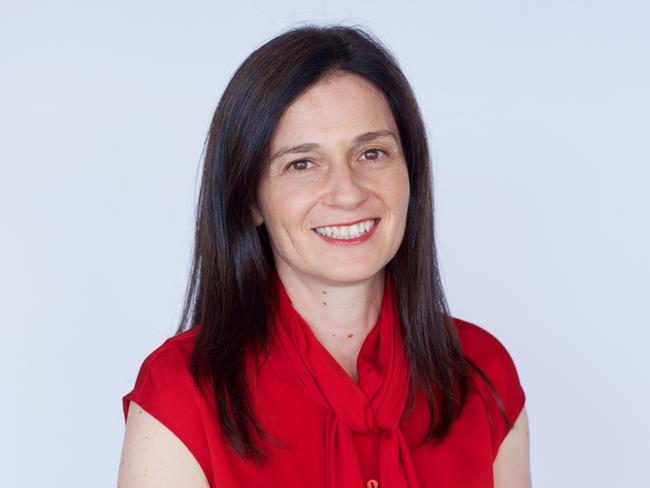
“Beating it might just mean enduring it and getting to the other side of it so that time passes and I realise I’m still okay. It might not be that I have, you know, a fantastic, wonderful day.
“I might not have enjoyed what’s happened, but it means seeing that I got to the other side of it, and that I’m all right, and knowing therefore that I can do it again,” she says.
Dr Locke says parents “aren’t trusting their gut” on how they handle these issues with their children.
“They’re thinking that ‘My child is one day away from bad mental health issues’, which is not correct. There’s a lot of catastrophising.”
“There’s also some very bad advice on social media, dumb mate forums, as I call them, where you are often getting the worst advice because it sounds the most caring, like letting them stay home from school after they’ve had a fight with a friend.”
Dr Locke says parents should not indulge conversations about negative feelings.
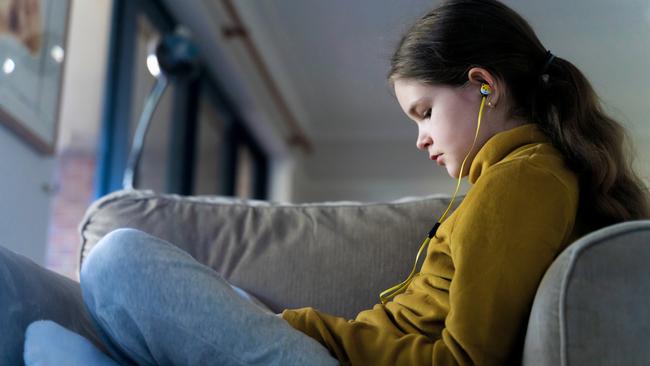
“One of the worst questions I think you can ask a child is ‘How do you feel about your exams?’. Or ‘How do you feel about starting school?’.
“Parents see good parenting as focusing on emotion, but (to reduce the risk of anxiety) it is better to focus on the things that happen rather than their feelings about what happened.
“Even if they do talk about uncomfortable feelings, then go through the process of ‘listen, empathise, then normalise’.
“If we don’t do that step of normalising, then they’ll start to think, ‘I’m the only one that was nervous today at school’, or ‘I was the only one that’s nervous about school camp next week’,” she says.
Dr Einstein also warns of the danger of allowing children who are feeling anxious to spend hours alone on their social media, which tends to create a vicious circle.
Both women regularly advise schools about how to handle the tidal wave of anxiety flowing through the education system.
But they acknowledge teachers are in a professionally uncomfortable situation if they opt to help a child through their anxiety rather than being kind to them.
“Even the teacher that insists that the child doesn’t get in the camp group with their best friend and that they just make a new friend, there’s a great likelihood that other people are going to think the teacher is mean and not see that they are actually encouraging that child to be able to do what they need to do in life,” Dr Locke says.
“Even psychologists and GPs are receiving parental pressure to write letters to excuse children from facing tricky things they could do, but simply don’t want to do.”
Dr Einstein says it is critical to remember that anxiety is not usually a lifelong condition, and that we need to stop the “subtle benefits” to help children overcome it and develop greater resilience and confidence in the longer term.
“Sometimes I speak to people and they say ‘Oh no, I know that anxiety will be with me for life’.
“But you can change it, and if you have the right approach to it, it’s not something that has to defeat you for life.”
Case study of Chloe*
How anxiety can develop
By Dr Danielle Einstein and Dr Judith Locke
Chloe was always a bit of an anxious child and it seemed to be getting worse each year.
Because of her nerves about her race in the primary school swimming carnival, her parents allowed her to miss it and for her and her mother to see the new Disney movie instead.
Her parents hoped this would make her feel special and more confident. But it stopped Chloe from going and realising that it wasn’t as bad as she imagined.
Worse, this meant Chloe expected to avoid the athletics carnival too, and that morning, she cried and screamed until her parents agreed.
Chloe also reported some anxieties at her new high school. Many of her primary school friends went to different schools and she had to make new friends, which felt tricky for her.
Her parents checked in daily to see what had happened, but their discussion focused much more on her challenges than the good things – making her feel her school experience was much worse than it is.
When giving a speech in English, one of her cards was out of order and she told her parents how mortifying it was. Her father – keen to help her – emailed the English teacher about her performance anxiety.
The teacher offered to assess her next speech without the class present. This felt better for everyone, but Chloe didn’t get a further chance to learn that she could get through making a minor mistake.
In fact, the adjustment made Chloe think she could only do difficult tasks if she had special accommodations.
Sometimes, when Chloe is very emotional, her parents allow her to stay home for a “mental health day” (the occasional day is not a problem, right?).
But Chloe is then allowed to be on her tablet or play video games, and this makes her want to retreat into her devices, rather than deal with the ups and downs of typical school days and friendships.
Her family observe that she spends more time scrolling a screen and less time with them or extended family, and blame it on her sensitivity when with other people.
Chloe starts following certain people online who primarily discuss their emotional challenges and sees her similarity to these people.
She starts to think of herself as being very different from the people who can deliver speeches and participate in competitions.
Chloe believes her anxiety is permanent and that considerate adults should not make her face challenges that make her feel nervous.
When Chloe came to the psychologist, she believed therapy would simply be listening to her issues that week to support her.
While this was a small part of it, the psychologist knew effective treatment was going to involve ironing out all the factors that kept Chloe’s anxiety going.
Special accommodations, long discussions about nerves, and inadvertent rewards of avoiding challenge might have made Chloe feel better, but were cementing her anxiety. Importantly,
Chloe needed to slowly learn to face difficult things, and those around her needed to encourage this.
It was hard work for all, but the only way for her to improve was to push through it all and truly realise her potential. Treatment only took a few months.
She is now doing well in year 9 – on the B Netball team, in the chorus for the musical, and thinking about becoming a teacher.
* Chloe is an anonymised composite of a number of cases.


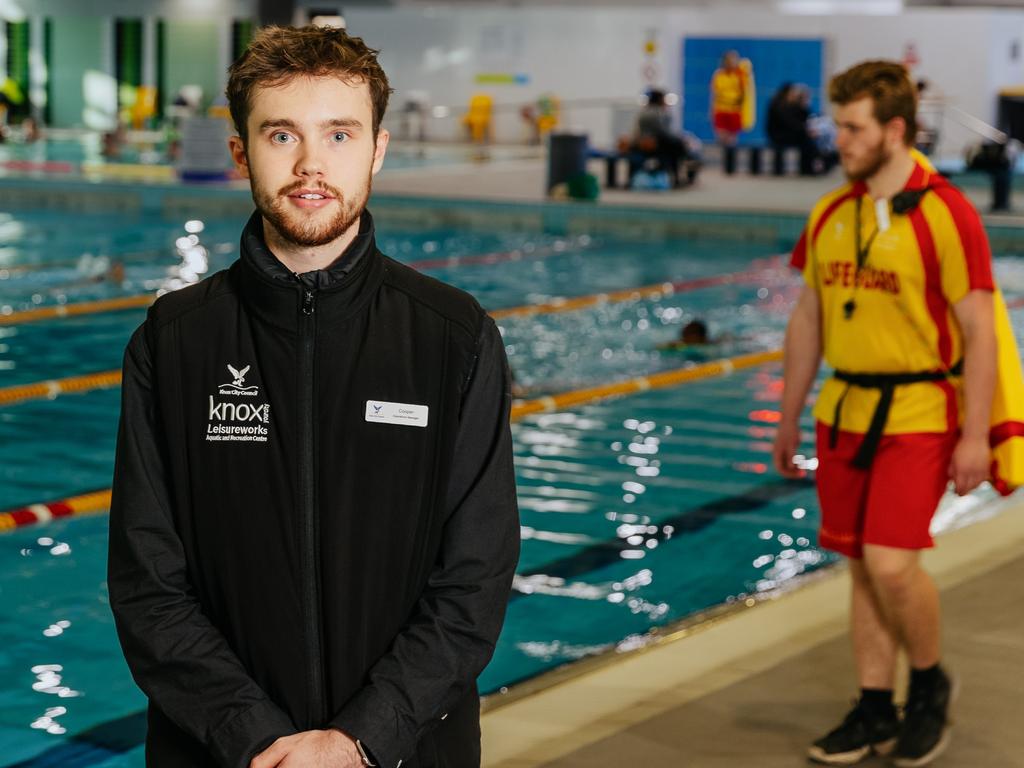


To join the conversation, please log in. Don't have an account? Register
Join the conversation, you are commenting as Logout